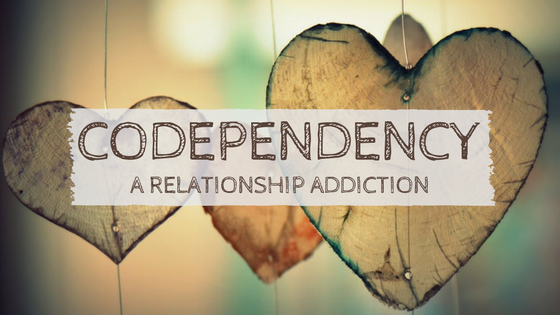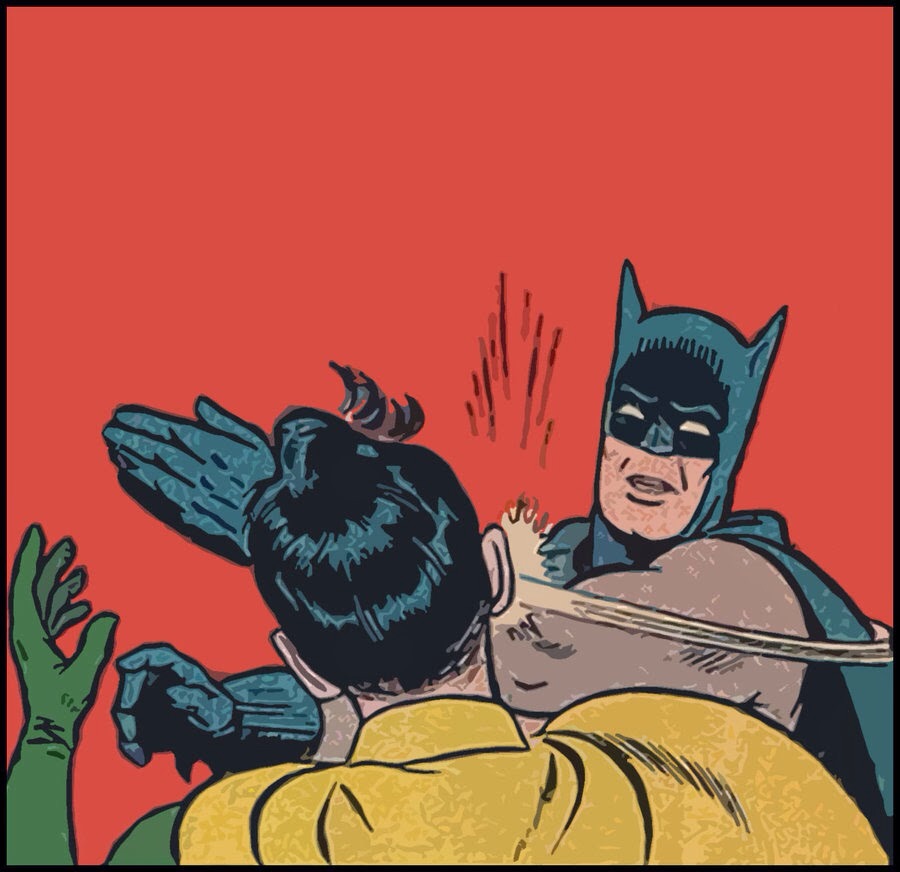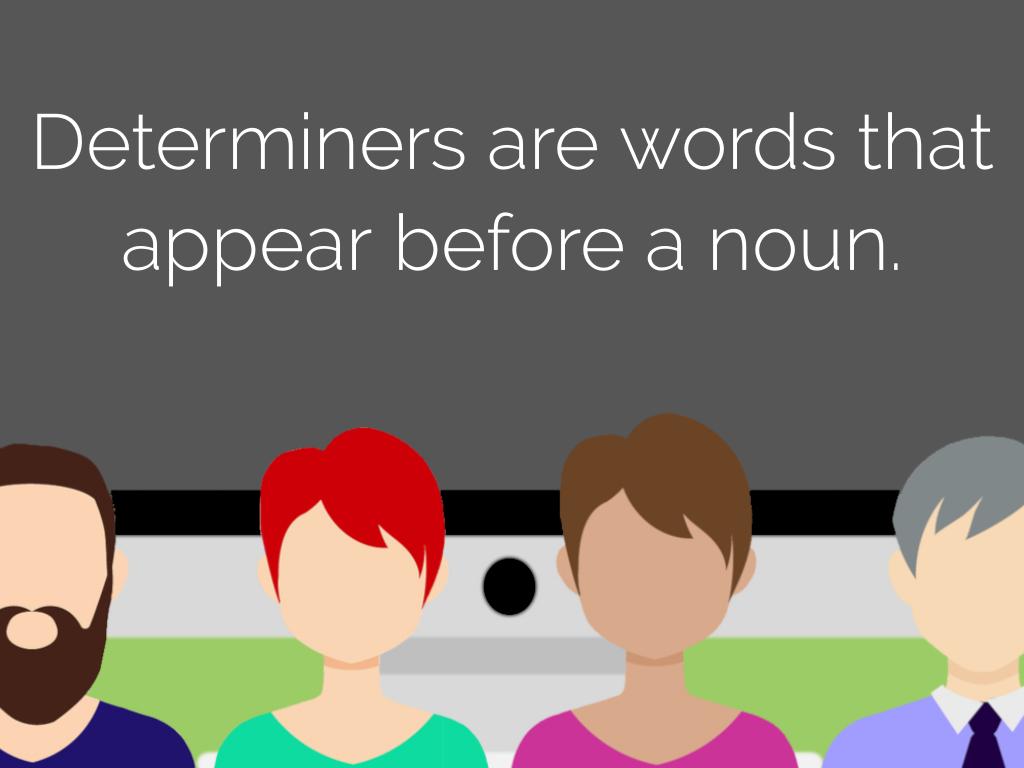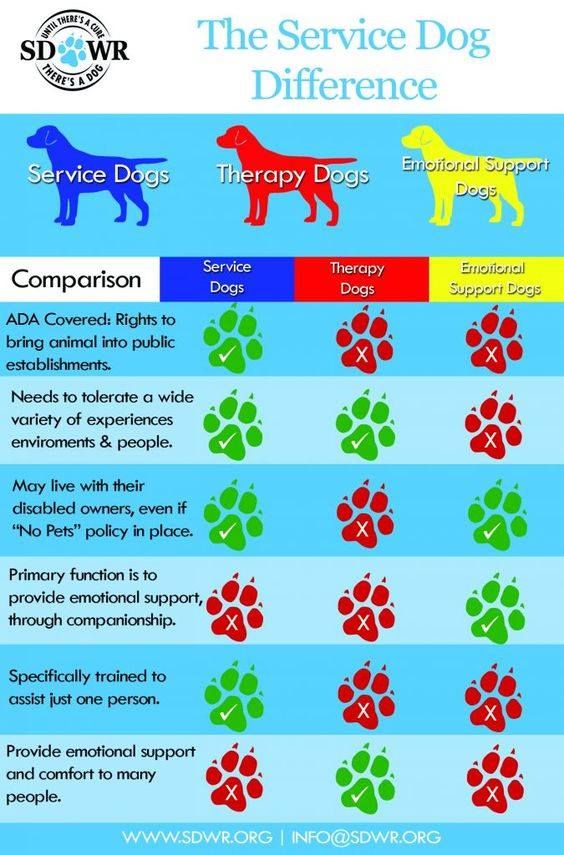Break the silent treatment
Is it abuse and how to respond
The silent treatment is a refusal to communicate verbally with another person. People who use the silent treatment may even refuse to acknowledge the presence of the other person.
People use the silent treatment in many types of relationship, including romantic relationships.
It can sometimes be a form of emotional abuse. This is the case when one person uses it to control and manipulate the other.
This article will discuss the silent treatment, why people use it, and how individuals can respond to it. It also looks at how the silent treatment relates to abuse.
Share on PinterestRefusing to communicate verbally with another person can be a form of emotional abuse.People use the silent treatment for a number of reasons. These include:
- Avoidance: In some cases, people stay silent in a conversation because they do not know what to say or want to avoid conflict.
- Communication: A person may use the silent treatment if they do not know how to express their feelings but want their partner to know that they are upset.
- Punishment: If a person uses silence to punish someone or to exert control or power over them, this is a form of emotional abuse.
In most cases, using the silent treatment is not a productive way to deal with a disagreement.
Research indicates that both men and women use the silent treatment in relationships. However, clear and direct communication is essential for healthy relationships. Using the silent treatment prevents people from resolving their conflicts in a helpful way.
When one partner wants to talk about a problem but the other withdraws, it can cause negative emotions such as anger and distress. According to a 2012 study, people who regularly feel ignored also report lower levels of self-esteem, belonging, and meaning in their lives.
Because of this, the silent treatment can have an impact on the health of a relationship, even if the person who is silent is trying to avoid conflict.
A person with a partner who avoids conflict is more likely to continue a dispute because they have not had an opportunity to discuss their grievances.
A person may be using silence in an abusive way if:
- they intend to hurt another person with their silence
- the silence lasts for extended periods of time
- the silence only ends when they decide it does
- they talk to other people but not to their partner
- they seek alliances from others
- they use silence to blame their partner and make them feel guilty
- they use silence to manipulate or “improve” their partner, or to pressure them to change their behavior
Other types of emotional abuse
In addition to the silent treatment, a person might use other types of emotional abuse to control their partner, such as:
- monitoring their activities
- demanding access to their phone, email account, and other digital information
- deciding what they wear, eat, or drink
- isolating them from their family and friends
- controlling all their finances and spending
- controlling whether or not they go to work or school
- humiliating them in front of others or on social media
- using intimidating behavior, threatening them, or giving them ultimatums
- threatening to harm themselves, pets, or loved ones
- gaslighting them
- withholding affection, such as sexual activity
- guilt-tripping them
Over time, emotional abuse often escalates to physical violence.
How a person responds to the silent treatment depends on whether or not their partner is being abusive.
If the silent treatment does not appear to be part of a larger pattern of abuse, a person can try the following approaches:
Name the situation
Acknowledge that someone is using the silent treatment. For example, a person can say, “I notice that you are not responding to me.” This lays the foundation for two people to engage with each other more effectively.
Use ‘I’ statements
A person can let the other person know how they feel by using “I” statements. For example, the person on the receiving end may say: “I’m feeling hurt and frustrated that you aren’t speaking to me. I would like to find a way to resolve this.”
This type of statement focuses on the feelings and beliefs of the speaker rather than any characteristics they attribute to the other person.
Acknowledge the other person’s feelings
Ask the other person to share their feelings. This lets them know that their feelings are important and valid, and it paves the way for an open conversation. Avoid becoming defensive or going into problem-solving mode. Try to stay present and listen empathically.
This lets them know that their feelings are important and valid, and it paves the way for an open conversation. Avoid becoming defensive or going into problem-solving mode. Try to stay present and listen empathically.
If the person responds in a threatening or abusive way, it is important to remove oneself from the situation until they calm down. Talk to a doctor, therapist, or trusted friend for help.
Apologize for words or actions
A person should not apologize or blame themselves for another person’s use of the silent treatment, as the silence is how their partner chooses to respond.
However, they may need to apologize if they have said or done something that may have hurt the other person’s feelings.
Cool off and arrange a time to resolve the issue
Sometimes, a person may give someone the silent treatment because they are too angry, hurt, or overwhelmed to speak. They may be afraid of saying something that makes the situation worse.
In these cases, it can be helpful for each person to take some time to cool off before getting together to discuss the issue calmly. Counselors call this “taking a time-out.”
Counselors call this “taking a time-out.”
Avoid unhelpful responses
Try to avoid escalating the situation or provoking the person who is silent into speaking. This can create more conflict.
Trying the above steps can help those in an otherwise healthy relationship. However, people in abusive relationships will need to take different steps.
If a person feels that they or their family are in immediate danger, they must call 911. If they are not in immediate danger, a person who believes that their partner is abusive should consider whether or not they wish to stay in the relationship.
It will help someone in an abusive relationship to:
- stay in contact with their family and friends
- talk privately with a trusted professional, such as a counselor or domestic violence advocate, who can discuss the person’s options in a safe space
- seek advice and support from a domestic abuse organization, such as the National Domestic Violence Hotline or Love is Respect
Couples who have difficulty communicating effectively may benefit from counseling.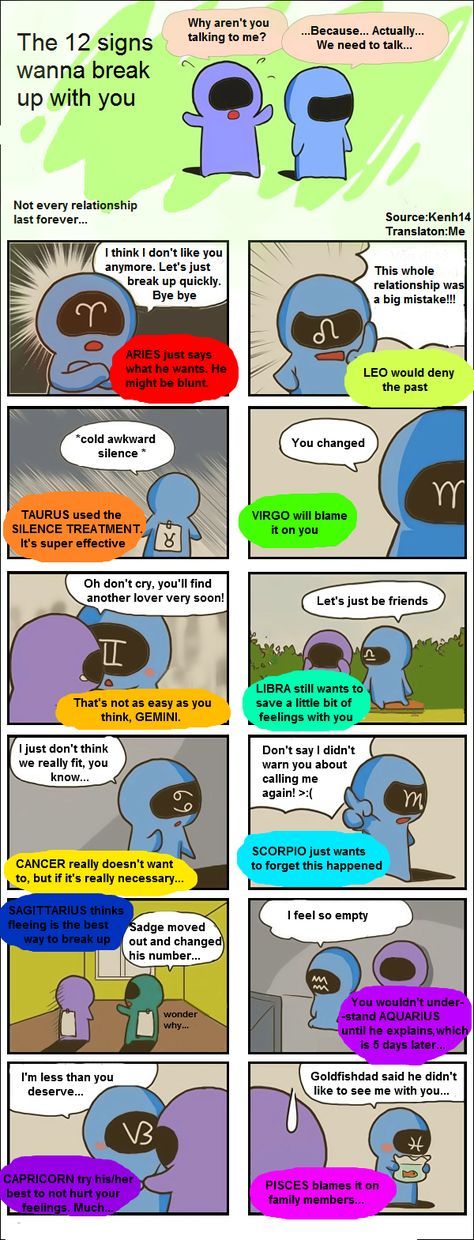 A therapist can help the partners express their feelings so that they can resolve conflicts in a healthy way.
A therapist can help the partners express their feelings so that they can resolve conflicts in a healthy way.
However, therapists and organizations including the National Domestic Violence Hotline do not recommend couples counseling for those in abusive relationships.
This is because domestic abuse is not a product of an unhealthy relationship. The issue lies only with the abusive person. In some cases, focusing on relationship issues in therapy may reinforce their abusive behaviors.
People on the receiving end of a partner’s abuse may benefit from individual therapy if they safely engage in appointments. A therapist can help them recover their self-esteem and understand that they are not responsible for their partner’s behavior.
Abusive people who wish to change can enroll in programs to help alter their behaviors.
Using the silent treatment is an unproductive way of communicating within a relationship. It can sometimes be a form of self-protection, but at other times, it indicates emotional abuse.
People who regularly use or experience the silent treatment should take steps to address it.
If there are other signs of abuse, it may be necessary to seek outside support to stay safe.
If you or someone you know is in immediate danger of domestic violence, call 911 or otherwise seek emergency help. Anyone who needs advice or support can contact the National Domestic Violence Hotline 24/7 via:
- phone, at 800-799-7233
- live chat, at thehotline.org
- text, by texting LOVEIS to 22522
Many other resources are available, including helplines, in-person support, and temporary housing. People can find local resources and others classified by demographics, such as support specifically for People of Color, here:
- The Office on Women’s Health
- The National Coalition Against Domestic Violence
How to Respond to It and When It Becomes Abuse
If you’ve ever found yourself in a situation where you couldn’t get someone to talk to you, or even acknowledge you, you’ve experienced the silent treatment. You may even have given it yourself at some point.
You may even have given it yourself at some point.
The silent treatment can happen in romantic relationships or any type of relationship, including between parents and children, friends, and co-workers.
It can be a fleeting reaction to a situation in which one person feels angry, frustrated, or too overwhelmed to deal with a problem. In these cases, once the heat of the moment passes, so does the silence.
The silent treatment can also be part of a broader pattern of control or emotional abuse. When it’s used regularly as a power play, it can make you feel rejected or excluded. This can have a huge effect on your self-esteem.
Before diving into ways to respond to the silent treatment, it’s important to know how to recognize when it becomes abusive.
Sometimes, going silent may be the best thing to avoid saying things you would later regret. People might also use it in moments where they don’t know how to express themselves or feel overwhelmed.
But some people use the silent treatment as a tool for exerting power over someone or creating emotional distance.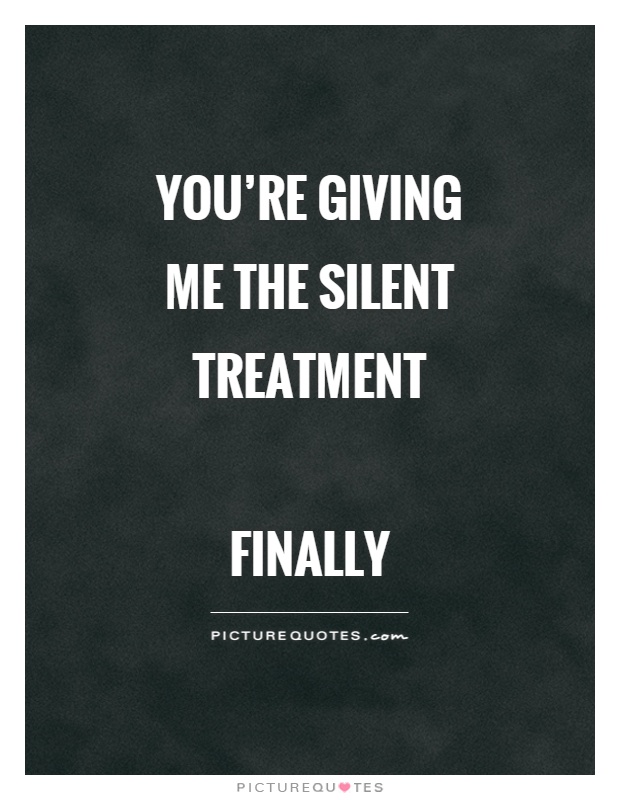 If you’re on the receiving end of this kind of treatment, you might feel completely ostracized.
If you’re on the receiving end of this kind of treatment, you might feel completely ostracized.
People who use the silent treatment as a means of control want to put you in your place. They’ll give you the cold shoulder for days or weeks on end to achieve those goals. This is emotional abuse.
It’s difficult to live that way, so you might be tempted to do everything you can to get back in their good graces, which perpetuates the cycle.
Research shows that frequently feeling ostracized can reduce your self-esteem and sense of belonging. It can leave you feeling like you’re without control. This effect may be more intense when it’s done by someone close to you as a form of punishment.
know the signsHere are a few signs that suggest the silent treatment is crossing the line into emotional abuse territory:
- It’s a frequent occurrence and is lasting for longer periods.
- It’s coming from a place of punishment, not a need to cool off or regroup.

- It only ends when you apologize, plead, or give in to demands.
- You’ve changed your behavior to avoid getting the silent treatment.
If this isn’t something the other person regularly does to you, a gentle approach might be a good way to get the conversation started. They may be hurting and looking for a way out.
Calmly tell the person that you’ve noticed they’re not responding and you want to understand why. Emphasize that you want to resolve things.
While it’s not your fault that someone else decides to give you the silent treatment, you do have a responsibility to apologize if you’ve done something wrong.
If they don’t seem receptive, tell them you understand they may need some time alone. But state that you’d like to arrange a time to get together and resolve the problem.
Tell the person how the silent treatment hurts and leaves you feeling frustrated and alone. That’s not what you want or need in a relationship.
Explain that you can’t resolve issues this way, then be specific about those issues.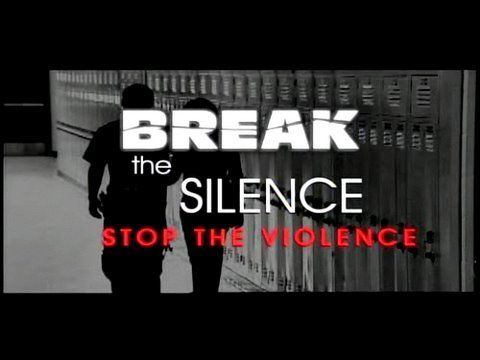 If this sort of behavior is a relationship deal-breaker for you, state it plainly.
If this sort of behavior is a relationship deal-breaker for you, state it plainly.
The silent treatment isn’t always meant to inflict wounds. Sometimes, it’s an isolated incident that gets out of hand. You can let it slide until they come around and move on.
Or, it can be a passive-aggressive approach to keeping you under control. In these cases, what they want is for you to feel bad enough to make the first move. They’re biding their time, waiting for you to grovel and give in to demands.
Instead, go about your business as if it doesn’t bother you. This is easier said than done, but try to distract yourself by heading outdoors or getting absorbed in a good book.
Deprive them of the reaction they seek. Show that the silent treatment is no way to get what they want from you.
Suggest a face-to-face meeting to hammer out some rules for better communication in the future. Make a plan for how you’ll talk to each other when things get heated and how you’ll avoid the silent treatment moving forward.
Take turns listening and repeating what the other person says so you’re clear on what you expect of each other. If you’re in a romantic relationship, offer to go to couples counseling to learn some new tools.
When things escalate to emotional abuse, you’re not in a healthy relationship. It’s time to put yourself first.
If you believe the relationship is worth salvaging:
- Set firm boundaries about what acceptable behavior is and how you expect to be treated.
- Suggest individual or couples counseling to work on the relationship and communication issues.
- State exactly what’ll happen when boundaries are crossed, and follow through when yours are crossed.
If there’s no hope that the other person will change, consider leaving the relationship.
When it comes to responding to silent treatment, there are also a few things you’ll want to avoid doing. These include:
- responding in anger, which can just escalate things
- begging or pleading, which only encourages the behavior
- apologizing just to put an end to it, even though you did nothing wrong
- continuing to try reasoning with the other person after you’ve already given it a shot
- taking it personally, as you’re not to blame for how others choose to treat you
- threatening to end the relationship unless you’re prepared to do so
The silent treatment doesn’t always relate to emotional abuse.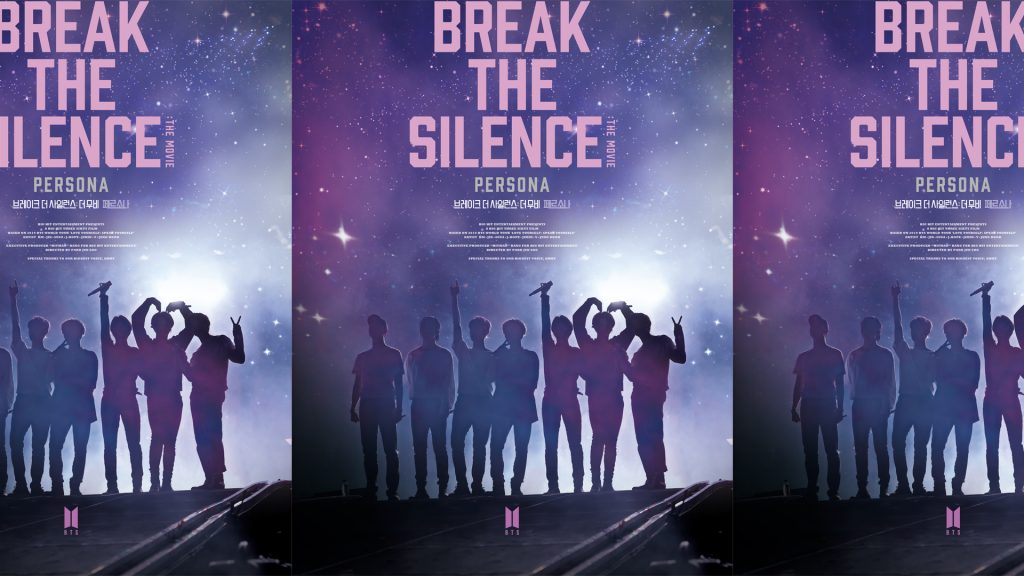 Some people lack effective communication skills or need to retreat into themselves to work things out.
Some people lack effective communication skills or need to retreat into themselves to work things out.
To emotional abusers, though, the silent treatment is a weapon of control. At first, it might be difficult to know for certain if you’re dealing with a bigger problem.
So, here are some other warning signs of mental abuse:
- frequent yelling
- insults and name-calling
- bouts of anger, fist-pounding, and throwing things
- attempts to humiliate or embarrass you, particularly in front of others
- jealousy and accusations
- making decisions for you without your permission
- spying on you
- attempting to isolate you from family and friends
- exerting financial control
- blaming you for all that goes wrong and never apologizing
- threatening self-harm if you don’t do what they want
- making threats against you, people you care about, pets, or possessions
Have some of these things become all too familiar? Even if it’s never gotten physical, research shows emotional abuse can have short- and long-term effects, including feelings of:
- loneliness
- low self-esteem
- despair
It may even be a contributing factor in certain illnesses, including
- depression
- chronic fatigue syndrome
- fibromyalgia
If you believe you’re experiencing emotional abuse, you don’t have to put up with it.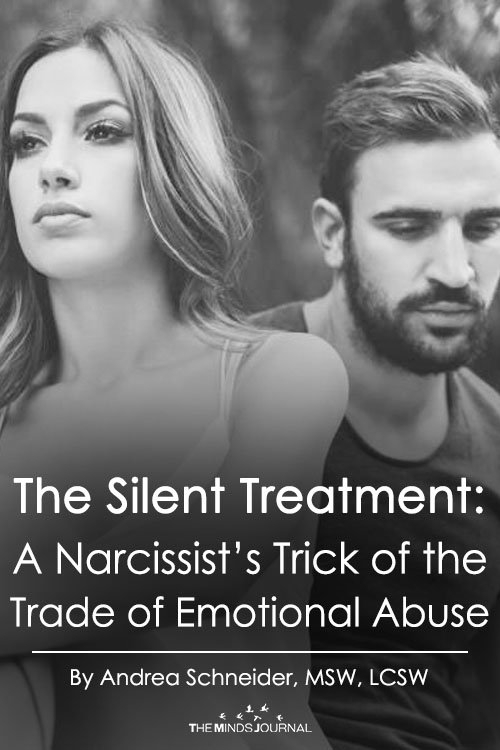 Consider whether or not you want to maintain a relationship with that person.
Consider whether or not you want to maintain a relationship with that person.
If it’s your spouse or partner, you both may benefit from couples counseling or individual therapy to learn better ways to manage conflicts.
When the silent treatment is part of the larger issue of emotional abuse, don’t blame yourself. It’s not your fault. You’re not responsible for their behavior, no matter what they tell you. If that person genuinely wants to change, they’ll get themselves into counseling.
You need to take care of your own emotional needs, which may include breaking off the relationship. It’s important not to isolate yourself at this time. Maintain your social contacts. Reach out to family and friends for support.
Here are some helpful resources:
- Break the Cycle supports people between the ages of 12 and 24 to have healthy, abuse-free relationships.
- Love Is Respect (National Dating Abuse Hotline) allows teens and young adults to call, text, or chat online with advocates.
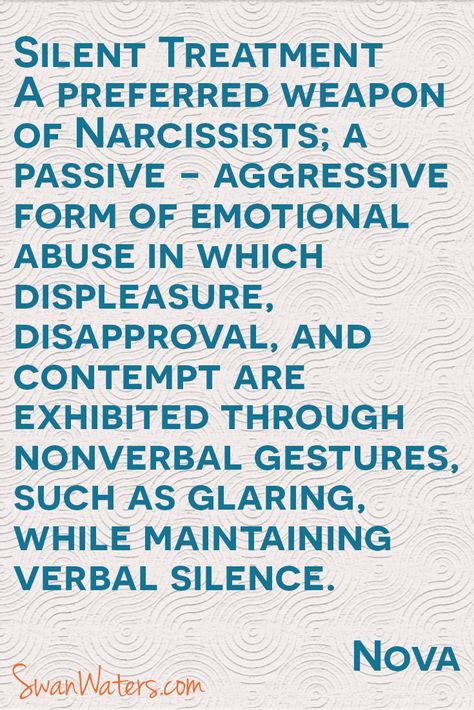
- The National Domestic Violence Hotline provides an online chat system that’s available 24/7. You can also call them at 1-800-799-7233.
You might also benefit from individual or group counseling. Ask your primary healthcare provider to refer you to a qualified therapist.
While it’s not always malicious, the silent treatment certainly isn’t a healthy way to communicate. If the silent treatment looms large in your life, there are steps you can take to improve your relationship or remove yourself from an abusive situation.
90,000, the singer Irina Otieva, who lives with a recluse, suddenly interrupted the silenceKomsomolskaya Pravda
Zvezdshaw-business interest
Olga Libgardt
November 21, 2022 22:22
After the scandal with Andrei Malakhov, the singer disappeared
Nakedness Irina Irina Otieva.
Irina Otieva has been leading a reclusive life for many years. Two years ago, Andrey Malakhov unveiled the details of the personal life of the once popular singer. Like, she drinks too much and even bought a place in the cemetery. The showman sent cunning reporters to the woman. Otieva began to complain about life to unexpected guests and drank alcohol with them, all this was filmed on a hidden camera. There was a huge scandal. The vocalist called the incident "an abomination, meanness and disgust", after which she disappeared. The other day, the pensioner made a statement.
Like, she drinks too much and even bought a place in the cemetery. The showman sent cunning reporters to the woman. Otieva began to complain about life to unexpected guests and drank alcohol with them, all this was filmed on a hidden camera. There was a huge scandal. The vocalist called the incident "an abomination, meanness and disgust", after which she disappeared. The other day, the pensioner made a statement.
Irina Otieva broke the silence of for the first time in a long time. The pop star turned 64 on November 22. The legendary artist does not plan to arrange noisy parties on this occasion.
"Honestly, I'm not in a festive mood at all. My mother is elderly: she needs constant supervision... - complained celebrity.
Otiev also remembered the scandalous attack by Andrey Malakhov's employees. It was after her that the artist installed video cameras. “Now I see who comes to me. They call all the time. True, as a rule, all my phones are turned off. I don’t need interviews or broadcasts ... I’m fine. I don’t complain about anything,” - quotes her site mk.ru.
I don’t need interviews or broadcasts ... I’m fine. I don’t complain about anything,” - quotes her site mk.ru.
then lashed out at the celebrities who rate contestants. "Who are the judges?" It just pisses me off. The right to open your mouth and say something can at least people who have a good education, long experience on stage, enjoy authority. And these are sitting, and it’s not clear what they are doing there, "she said , as cut off, Irina Adolfovna.
According to her, now she lives for today. He tries not to remember the past. But few people know that a few years ago a terrible thing happened in her life. The singer began to shrink before her eyes, the doctors could not make a diagnosis. She was saved by a sorceress who said that the star was damaged.
"I don't even want to think about it. Those were unpleasant years in my life. And now I try to live only positively. I'm so tired of all the unpleasant things that even for myself I artificially find some moments that can cause I am positive. Because a person cannot live forever in the negative. This is unrealistic," Otieva concluded.
Because a person cannot live forever in the negative. This is unrealistic," Otieva concluded.
The tragedy of Irina Otieva
Alcoholism and depression. Once a popular singer - Irina Otieva has not performed for more than 10 years
We talk about the behind the scenes of Russian TV, the showdowns and scandals that reign there in the podcast "Looking at TV". Follow the link, put hearts and listen when convenient
Read also
Age category of the site 18+
0004
CHIEF EDITOR OLESIA VYACHESLAVOVNA NOSOVA.
I.O. EDITOR-IN-CHIEF OF THE SITE - KANSKY VICTOR FYODOROVICH.
THE AUTHOR OF THE MODERN VERSION OF THE EDITION IS SUNGORKIN VLADIMIR NIKOLAEVICH.
Messages and comments from site readers are posted without preliminary editing. The editors reserve the right to remove them from the site or edit them if the specified messages and comments are an abuse of freedom mass media or violation of other requirements of the law.
JSC "Publishing House "Komsomolskaya Pravda". TIN: 7714037217 PSRN: 1027739295781 127015, Moscow, Novodmitrovskaya d. 2B, Tel. +7 (495) 777-02-82.
Exclusive rights to materials posted on the website www.kp.ru, in accordance with the legislation of the Russian Federation for the Protection of the Results of Intellectual Activity belong to JSC Publishing House Komsomolskaya Pravda, and do not be used by others in any way form without the written permission of the copyright holder.
Acquisition of copyright and communication with the editors: [email protected]
Orbakaite broke her silence after Pugacheva's escape from Russia
The singer published a post where she thanked her teachers for their support in the profession. But she tactfully kept silent about the fate of her mother who left Russia.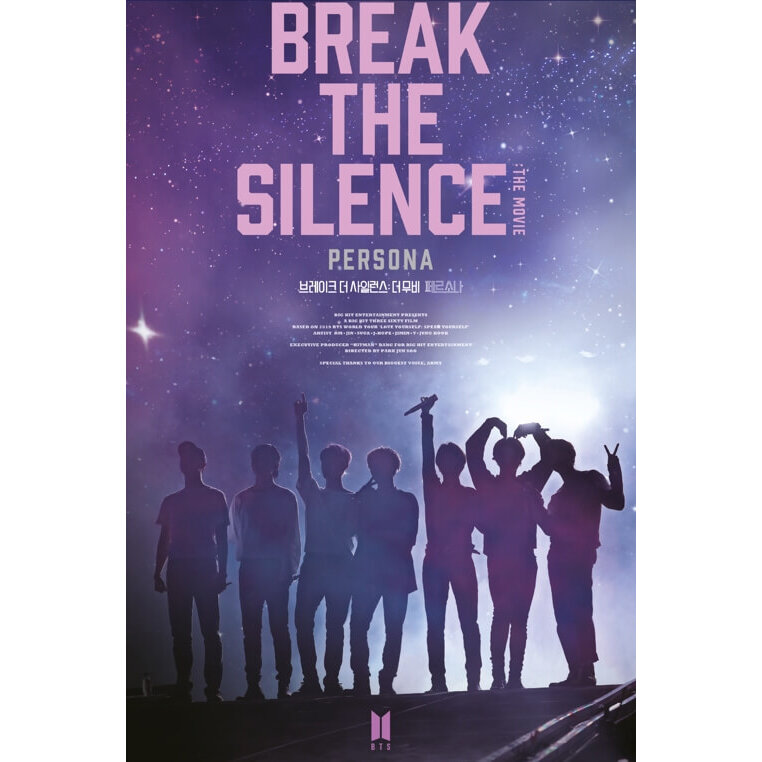
Kristina Orbakaite broke her silence after the departure from Russia of her mother, Russian pop star Alla Pugacheva. The new publication of the artist on her personal blog, however, is not dedicated to a grandiose scandal, but to the death of singer Boris Moiseev.
Orbakaite published a dedication to Moseev on Instagram*. The artist admitted that the outrageous singer was among her teachers in the profession. By the way, Moiseev also maintained good relations with Pugacheva, who was considered and continues to be considered the pioneer of the young dancer's talent.
« Thank you for your wisdom and patience. I convey my deepest respect to all the teachers in my life and to everyone who has chosen this calling ”, - writes Honored Artist of the Russian Federation
A few days ago, the media reported that an unknown person visited the seriously ill Moiseyev. Presumably, this woman was Kristina Orbakaite, as the showman's neighbor anonymously told.

